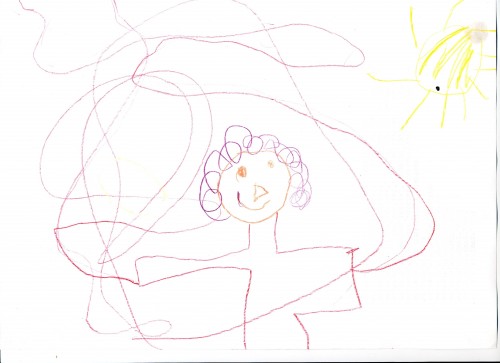Parents of the children of Newtown:
Our hearts are with you. We know from experience how lost you must feel. We also know how there is a system in place where you feel you are being kept from the one thing that need above all else – to be with your child.
We want you to know that you have the right to touch and see and be with your child, and to bring him and her home to say goodbye, without further intervention. We want you to know that you have the right to ask the Medical Examiner to release your child to your arms, so that you may say goodbye on your own terms and in your own time. You had no choice in what has happened; you do have the choice to care for your child at home.
Here are some facts:
You still have some power even if you feel powerless.
This is your child and not the state’s possession.
You have right to see and touch your child right now.
You can determine what happens to their bodies.
You can voice opposition to an autopsy on religious grounds.
Embalming is not necessary and not required by law and is only a further invasion of the body of your child.
Please accept these words from those who only wish you some comfort.
We offer them in love and peace.
Statement by the National Home Funeral Alliance



It’s just agony, isn’t it? At least this excellent statement might help – if anything can.
I agree, GM, this statement is very helpful, but it’s clearly American and I wonder how much of it applies in England – for example, is it REALLY true that you can touch a body whilst it is in the custody of the coroner pending a post-mortem? If you do voice opposition to a P.M., does it carry any sway at all? Perhaps an English translation of the above would be a powerful document, if only to bring to public attention the issues around who has what authority over a dead body in advance of a funeral, and the freedoms… Read more »
I believe that if the coroner claims the body, the nok have no right to touch it — but I’m open to correction. Even religious objections cannot overrule the right of the coroner to conduct an invasive PM if he/she thinks it necessary, though religious objectors can request a non-invasive MRI PM instead.
So far as the rights of the bereaved are concerned in the matter of claiming their dead, the great John Bradfield has researched the law and tested it, and you can find what he says here: http://evansaboveonline.co.uk/after-death/collecting-the-body/ Stirring reading!
Charles, thanks so much for this fascinating link – at first glance a tome to be savoured with a good port wine, so I think I’ll save it for a christmas day treat while the world around me is stuffing tinsel up its arse!
Very you, Jonathan. You’ll find that John has a way with commas. The thoroughness of his research is incredibly impressive. He’s my nominee for the fourth plinth in Trafalgar Square. We all owe this man a great debt.
My understanding is that the Coroner is all-powerful and rightly so for the greater good. However, it would be good to know the absolute rights of ownership/access to a dead body. I would like to see an equivalent statement of fact for Britain.
Well, you could do worse than the fifth edition of The Natural Death Handbook, as close to a summation of all the facts around a dead body that you can get. We are indeed all indebted to John Bradfield, and also to our ancestral patron Lord Young of Dartington for introducing The Dead Citizen’s Charter to clarify our expectations of how we should be treated post mortem. I agree with you Charles, the coroner does have absolute authority over a dead body in their care. They in fact, are representing the rights of the dead themselves, and generally use their… Read more »